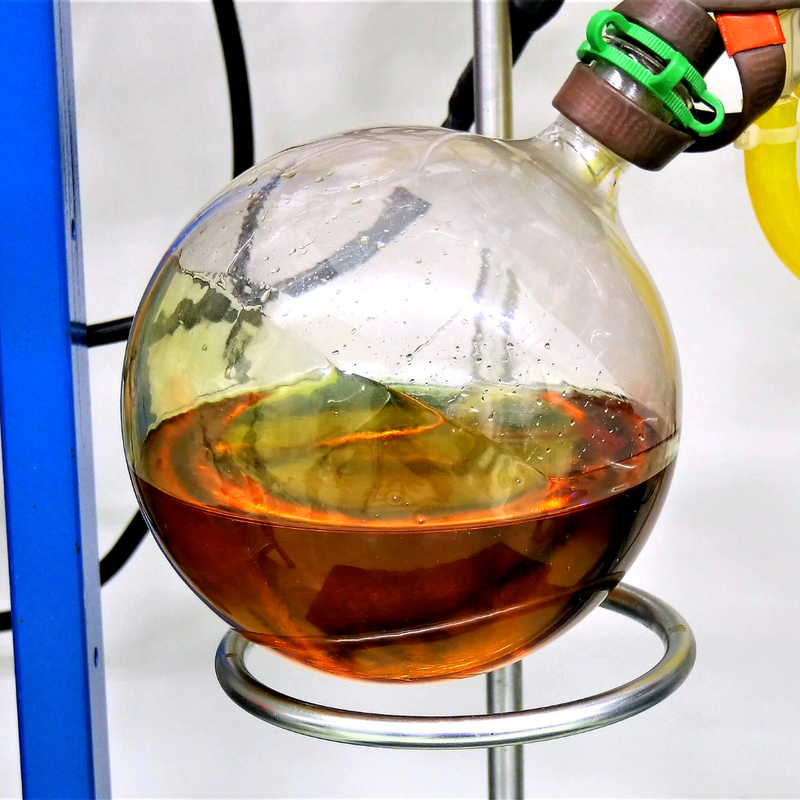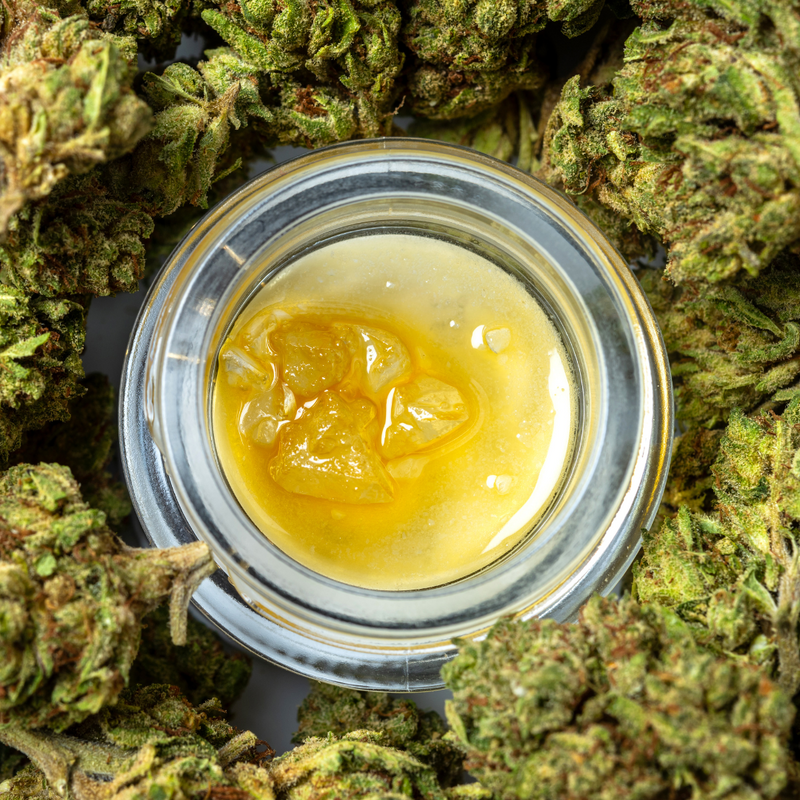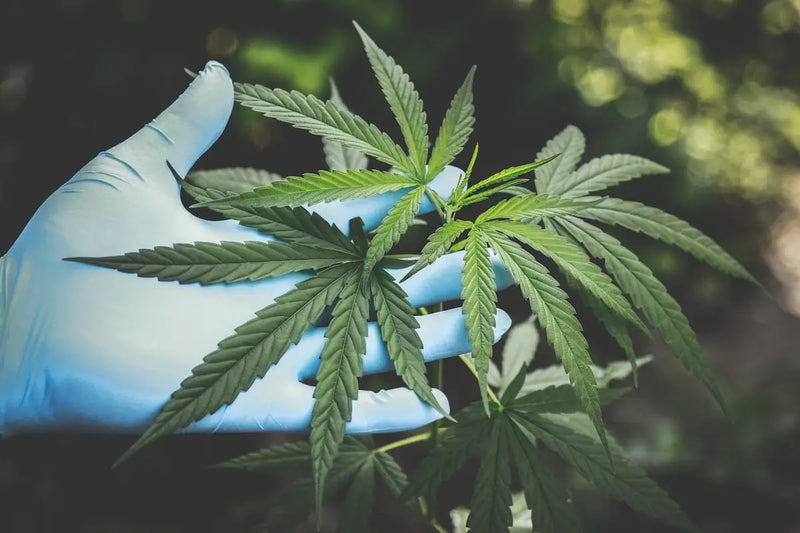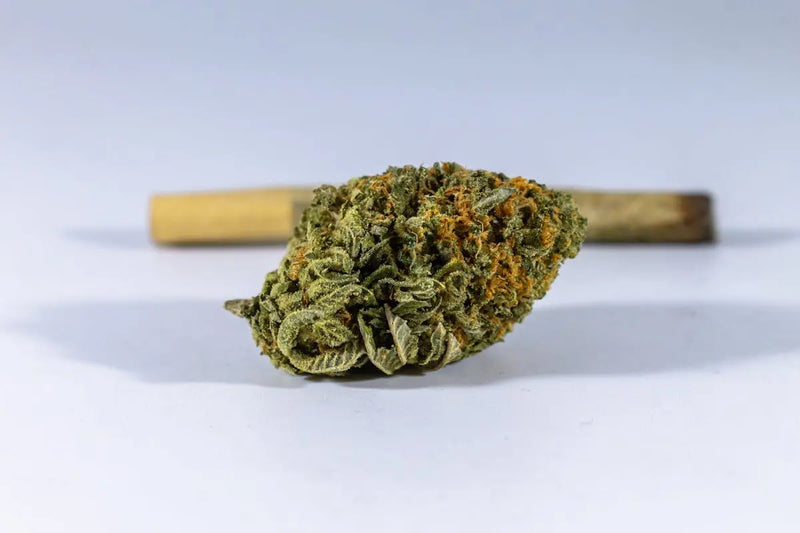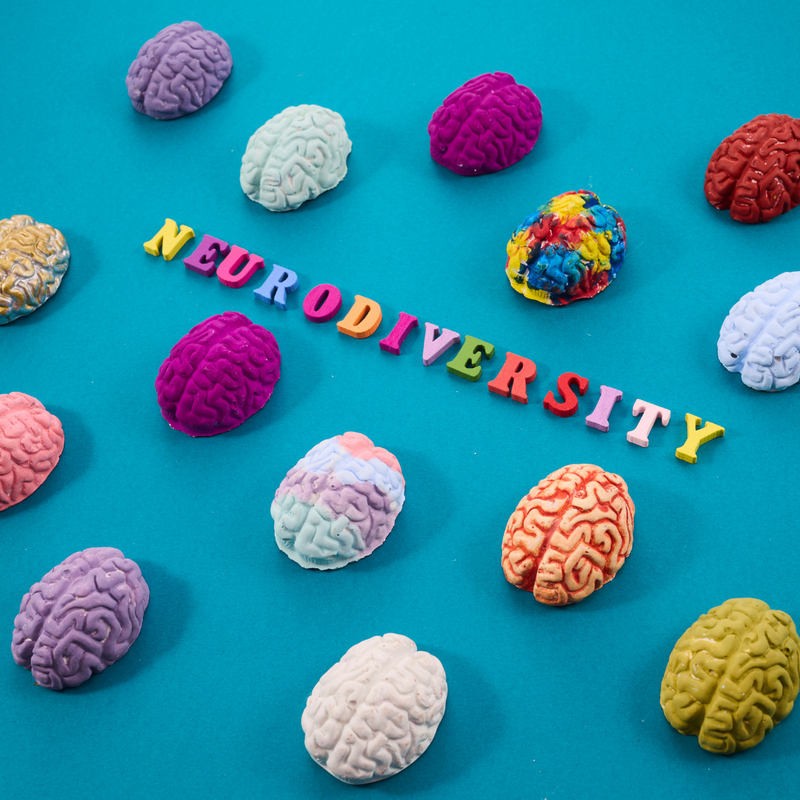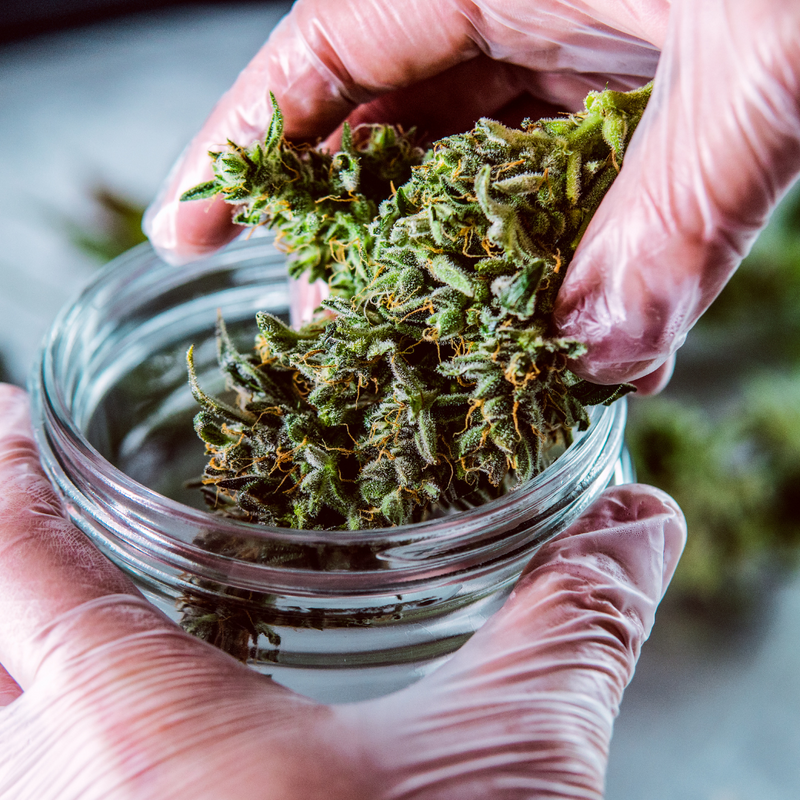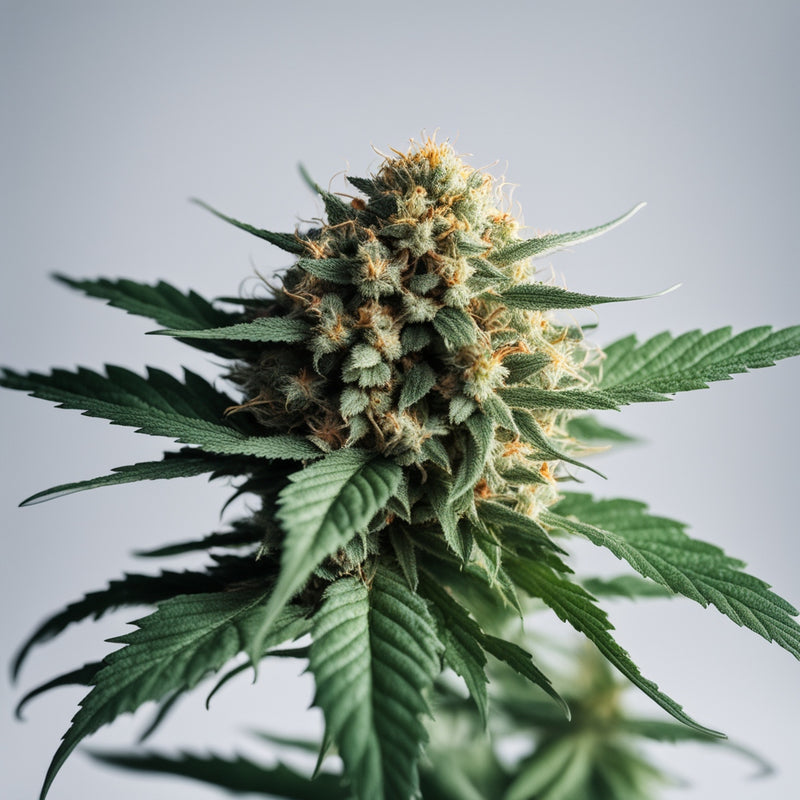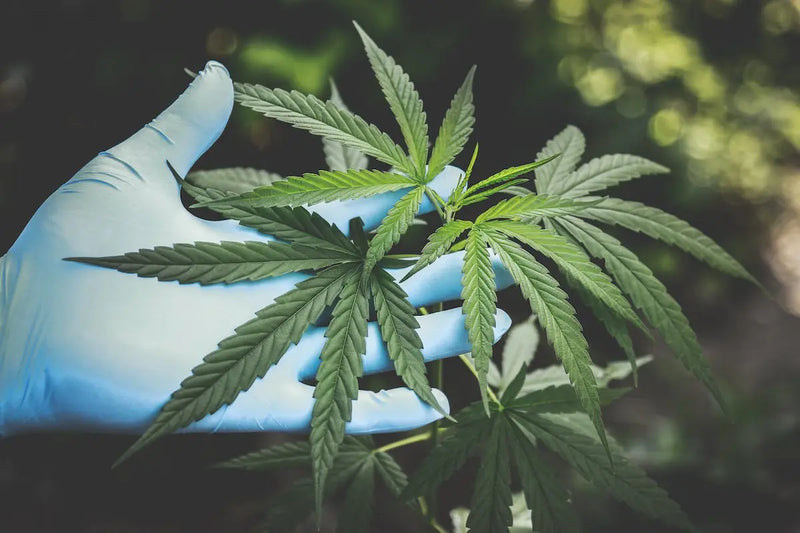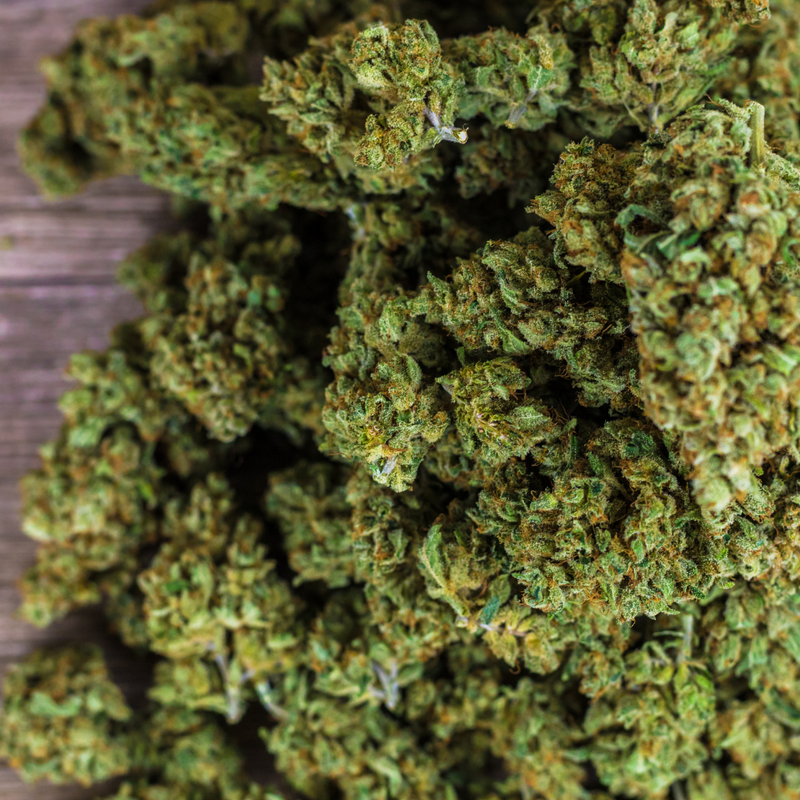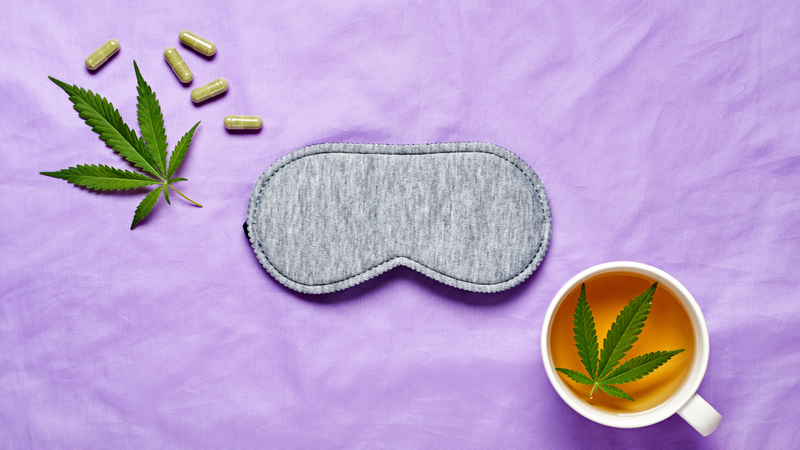What is CBD and how does it work?
CBD, or cannabidiol, is a natural compound found in the cannabis plant. It is not psychoactive, meaning it doesn't get you high. CBD works by interacting with the body's endocannabinoid system, which helps regulate functions like sleep, mood, appetite, and immune response. The endocannabinoid system has receptors throughout the body, and CBD binds to these receptors, influencing the release of neurotransmitters in the brain. This interaction can result in various potential benefits, including pain relief, reduced anxiety, and anti-inflammatory effects.
Endocannabinoid system and CBD
The endocannabinoid system is a network of receptors in our body that are involved in regulating various physiological and cognitive processes. CBD, or cannabidiol, interacts with this system by influencing the receptors to help maintain balance and overall well-being. This interaction can affect functions such as sleep, mood, appetite, and pain sensation.
Different types of CBD products
CBD products come in various forms, including oils, capsules, edibles, topicals, and even vapes. CBD oils are the most common and versatile, while capsules provide a convenient and precise dosage. Edibles, such as gummies and chocolates, offer a tasty way to consume CBD, and topicals, like creams and lotions, are applied directly to the skin. Vaping CBD involves inhaling the vaporized liquid, providing quick absorption. Each type of CBD product has its own advantages and is suitable for different preferences and needs.
Benefits of using CBD
CBD has been shown to have several potential benefits for the body and mind. Some of the reported benefits of using CBD include:
- Pain Relief: CBD may help alleviate chronic pain by influencing the endocannabinoid system, which plays a role in regulating pain.
- Anxiety and Stress Reduction: CBD has been found to have calming effects on the body, potentially helping to reduce anxiety and stress.
- Improved Sleep: Many users report that CBD helps them achieve better sleep by promoting relaxation and reducing insomnia.
- Anti-Inflammatory Properties: CBD has shown promise in reducing inflammation, which could benefit conditions such as arthritis and autoimmune disorders.
- Neuroprotective Effects: Some studies suggest that CBD may have neuroprotective properties, meaning it could potentially benefit conditions like epilepsy and multiple sclerosis.
These reported benefits make CBD an intriguing option for those looking for natural ways to support their overall well-being.
Safety and dosage guidelines
When it comes to using CBD, it's important to consider safety and proper dosage. The general recommendation is to start with a low dosage and gradually increase until you find the right amount that works for you. Dosage can vary depending on factors such as body weight, individual sensitivity, and the desired effects. Keep in mind that CBD is generally well-tolerated, but it's always best to consult with a healthcare professional before starting a new supplement. As for safety, it's important to choose high-quality CBD products from reputable manufacturers to ensure purity and potency. Keep an eye out for third-party lab testing and quality certifications when purchasing CBD products. Remember, everyone's body responds differently, so it's essential to listen to your body and adjust your dosage accordingly.
How CBD interacts with the body
CBD interacts with the body through the endocannabinoid system, which helps regulate functions like sleep, mood, and appetite. When you consume CBD, it binds to receptors in the endocannabinoid system, influencing the body's responses to pain, inflammation, and stress. CBD does not produce a "high" like THC, the psychoactive component in cannabis. Instead, it acts as a modulator, promoting balance in the body. Research suggests that CBD may have potential in managing conditions like anxiety, chronic pain, and epilepsy, but more studies are needed to fully understand its effects.
CBD and pain relief
CBD works in the body by interacting with the endocannabinoid system, which helps regulate various bodily functions, including pain sensation. Studies have shown that CBD may help reduce pain by impacting endocannabinoid receptor activity, reducing inflammation, and interacting with neurotransmitters. According to the National Institute on Drug Abuse, recent research suggests that CBD may offer relief for chronic pain, such as neuropathic pain, and help manage conditions like arthritis. However, it's essential to consult with a healthcare provider before using CBD for pain relief, as individual responses may vary.
CBD and anxiety
Research suggests that CBD may help with anxiety by interacting with the body's Endocannabinoid System, which plays a role in regulating mood, stress, and emotions. A study published in the Permanente Journal found that 79.2% of participants reported decreased anxiety after using CBD. Another study in the Journal of Psychopharmacology suggested that CBD could reduce anxiety in people with social anxiety disorder. It's important to note that more research is needed to fully understand the effects of CBD on anxiety.
CBD and sleep
If you have trouble sleeping, CBD may help. Research suggests that CBD can help improve sleep quality and reduce insomnia. This is because CBD interacts with the endocannabinoid system in the body, which plays a role in regulating sleep, among other functions. A 2019 study found that participants who took CBD reported better sleep and decreased anxiety. However, it's important to note that more research is needed to fully understand how CBD affects sleep, and individual results may vary.
Summary
CBD works in the body by interacting with the endocannabinoid system, which helps regulate various functions such as sleep, mood, appetite, and immune response. It influences the body by binding to cannabinoid receptors located throughout the body and brain. This interaction can produce various effects, including pain relief, reduced anxiety, and improved sleep quality. Additionally, CBD is non-psychoactive, meaning it doesn't cause the "high" associated with THC. The potential therapeutic benefits of CBD have garnered significant attention in recent years, leading to ongoing research on its impact on various health conditions.























